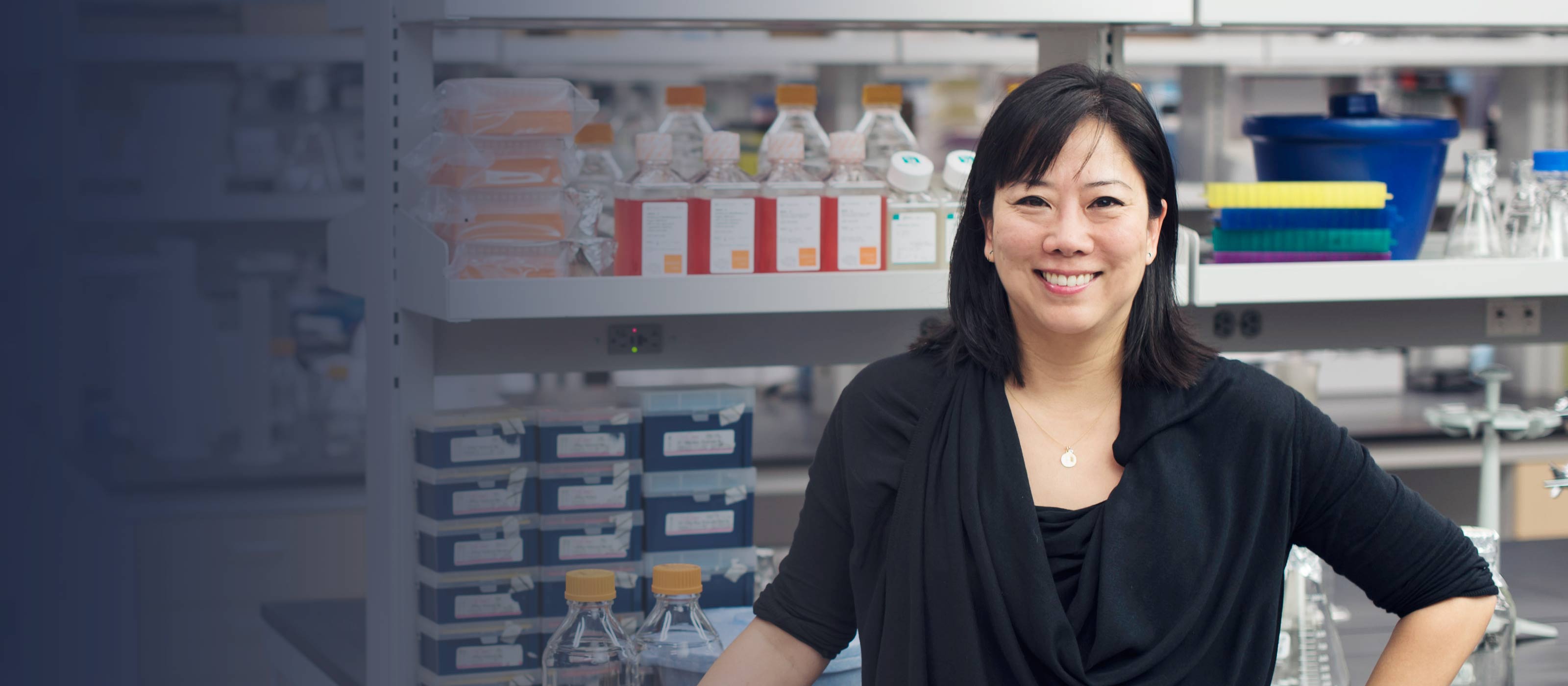Main content

Professor, Department of Microbiology
My lab seeks to understand how Mycobacterium tuberculosis, the causative agent of tuberculosis, has become arguably the most successful pathogen on earth. M. tuberculosis naturally infects humans only, and one-third of the world’s population is infected by this bacillus.
Using genetics and biochemistry, my lab has characterized a protease complex called the proteasome, which is essential for M. tuberculosis to cause lethal infections in animal models. Proteasomes are a family of proteases that are conserved in all domains of life, from bacteria to humans. Over the years, we have identified proteins that function with the M. tuberculosis proteasome, several of which are unique to bacterial proteasome systems.
In addition to characterizing the mechanisms of proteasome-dependent degradation, we have identified pathways regulated by this sytem, many which are essential for the tubercle bacillus to persist in a mammalian host. We are currently employing genetics, proteomics, and metabolomics to understand these pathways.
Also of interest, over the years we have found that M. tuberculosis can harbor mutations that prevent the death of its host, yet the host’s immune system is unable to clear the infection. We are very interested in understanding how these bacilli remain in the host despite their inability to replicate robustly.
212-263-2624
430 East 29th Street
Lab 324, Room 312
New York, NY 10016
PhD from University of California, Los Angeles
Fellowship, Weill Medical College of Cornell University, Bacterial Pathogenesis
Proceedings of the National Academy of Sciences of the United States of America (PNAS). 2025 Dec 09; 122(49):e2523024122
Cell host & microbe. 2025 Jul 09; 33(7):1121-1132.e5
Journal of bacteriology. 2025 Jun 05; e0011125
Journal of bacteriology. 2025 Feb 27; e0000325
Proceedings of the National Academy of Sciences of the United States of America (PNAS). 2024 Dec 03; 121(49):e2407239121
EMBO reports. 2024 Feb; 25(2):459-460
EMBO reports. 2023 Oct 09; 24(10):e58022